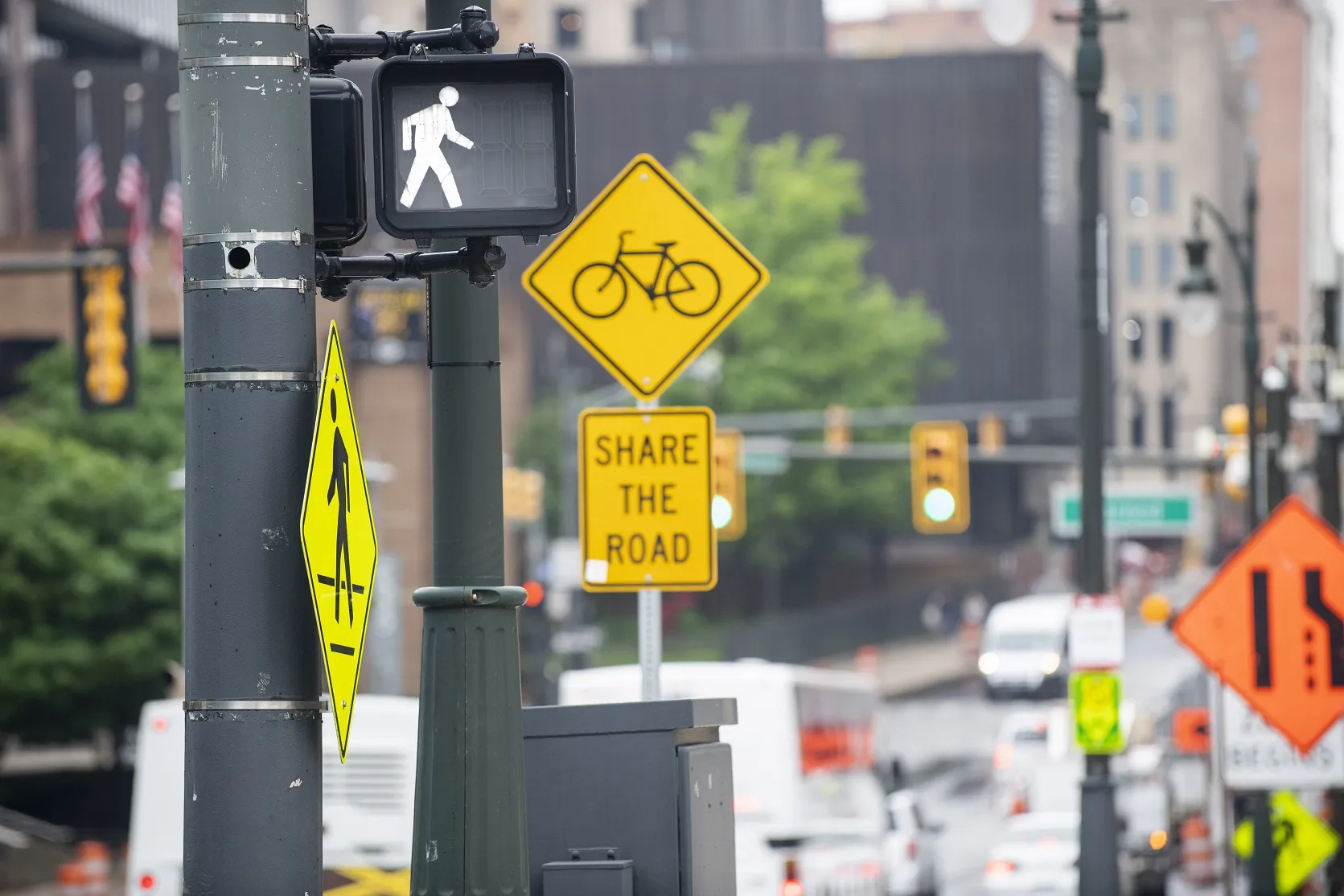Following the Federal Communication Commission’s (FCC) Notice of Proposed Rulemaking (NPRM) seeking to open up additional spectrum for unlicenced wi-fi devices within the 5.9 GHz band which serves as the platform for connected vehicle technology, Scott Belcher, President and CEO of the Intelligent Transportation Society of America (ITS America), issued the following statement today: “ITS America supports the need to explore spectrum sharing in the 5 GHz band and appreciates the chairman’s commitment to a pr
February 21, 2013
Read time: 2 mins
Following the Federal Communication Commission’s (FCC) Notice of Proposed Rulemaking (NPRM) seeking to open up additional spectrum for unlicenced wi-fi devices within the 5.9 GHz band which serves as the platform for connected vehicle technology, Scott Belcher, President and CEO of the Intelligent Transportation Society of America (560 ITS America), issued the following statement today:
“ITS America supports the need to explore spectrum sharing in the 5 GHz band and appreciates the chairman’s commitment to a process of consultation with the stakeholder community that will protect the integrity of connected vehicle technology. We also recognize the desire of the Commission to move forward expeditiously, while cautioning against putting near-term life-saving innovations like connected vehicle technology at risk in the pursuit of future wi-fi applications.”
ITS America was recently joined by other transportation stakeholders in raising concerns about the Commission’s 5.9 GHz proposal. The letter, which is online here, is signed by groups ranging from4939 AAA, the 2094 Alliance of Automobile Manufacturers, the 4946 Association of Global Automakers, 4944 American Association of State Highway and Transportation Officials, American Public Transportation Association, and Commercial Vehicle Safety Alliance to numerous private companies and state and local DOT officials from Michigan, California, Florida, Texas, New York, Arizona and Washington State.
“We look forward to working with the Commission, the NTIA, US DOT, and other government and non-government stakeholders to evaluate whether and how unlicensed devices could operate safely in the band without interfering with new vehicle crash avoidance systems which depend on secure, reliable, real-time communication between vehicles.”
“ITS America supports the need to explore spectrum sharing in the 5 GHz band and appreciates the chairman’s commitment to a process of consultation with the stakeholder community that will protect the integrity of connected vehicle technology. We also recognize the desire of the Commission to move forward expeditiously, while cautioning against putting near-term life-saving innovations like connected vehicle technology at risk in the pursuit of future wi-fi applications.”
ITS America was recently joined by other transportation stakeholders in raising concerns about the Commission’s 5.9 GHz proposal. The letter, which is online here, is signed by groups ranging from
“We look forward to working with the Commission, the NTIA, US DOT, and other government and non-government stakeholders to evaluate whether and how unlicensed devices could operate safely in the band without interfering with new vehicle crash avoidance systems which depend on secure, reliable, real-time communication between vehicles.”









